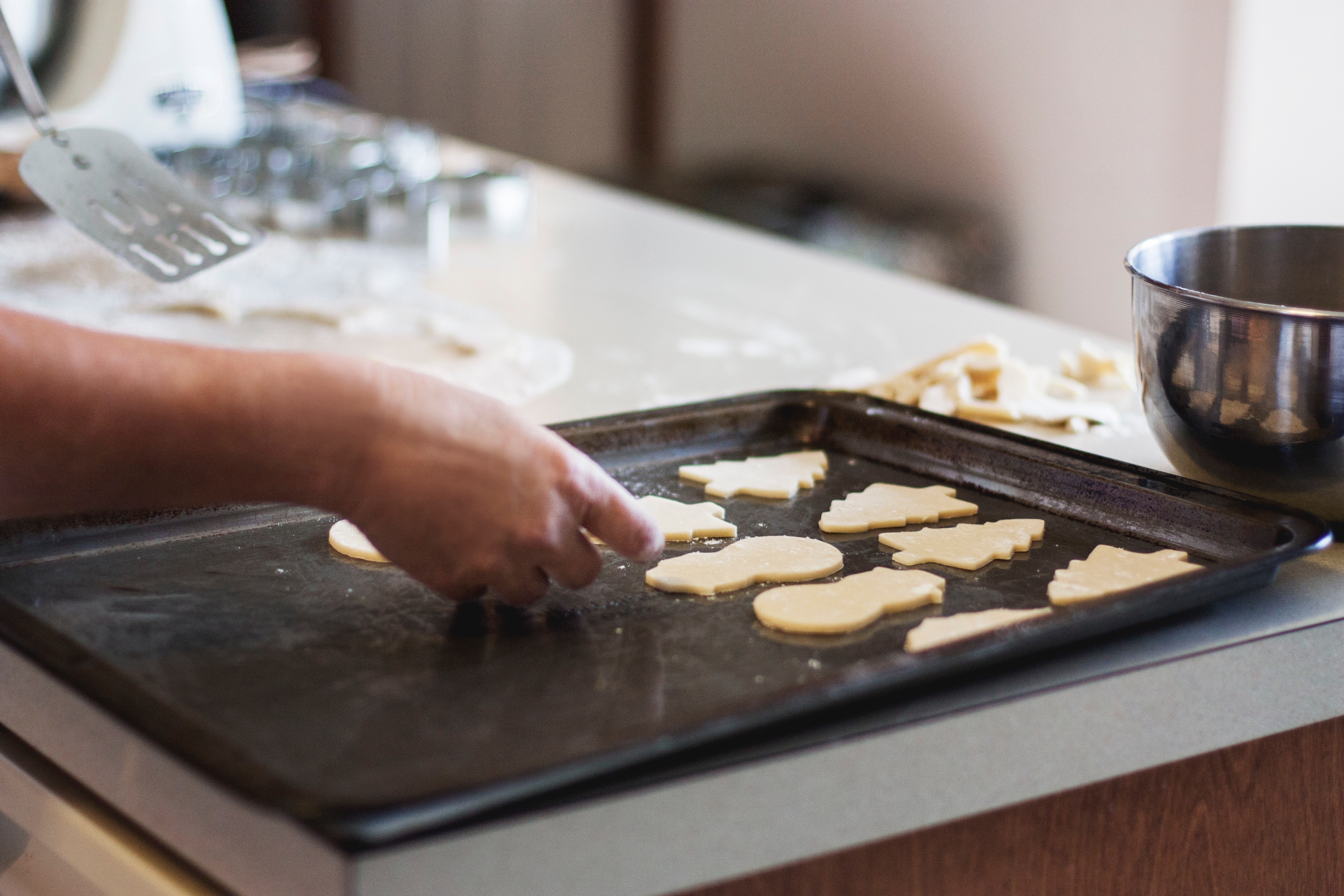It’s the proverbial joke (and expectation) to gain weight over the holiday season. A few aspects of the holidays change our habitual eating routine for weeks: the abundance of freshly baked goods, meals with friends and family, and holiday parties to attend. This paired with the stresses of the holiday season can derail our ability to eat intuitively. It can also be quite stressful for individuals in recovery or seeking recovery from an eating disorder.
The holidays also bring with them foods we often don’t eat during other times of the year. Anxiety and fear of overeating (and possible weight gain) may lead some to avoid these foods all together, depriving themselves of part of the meaningful and rich experience offered during this time of year. This food avoidance likely will also necessitate social avoidance; so many festive gatherings involve communal eating and celebrating. Social avoidance in service of food avoidance would deprive you of meaningful connections and memories to be made this holiday season with those you love.
Instead of engaging in avoidance, here are some tips to help manage anxiety and optimize your confidence this holiday season.
Shift your focus away from food.
It can be helpful to shift your focus away from food this holiday season. Instead, focus on what you want this season to be about. For example, do you want this season to be about connecting and making memories with those you love? Or focusing on the spiritual or religious messages and meanings of the holidays? These values can anchor you and help you pursue the festivities of the holiday in a more meaningful and mindful way.
Recognize time-limited nature of the season.
It is helpful to recognize that the Holiday Season is just that: a season. And a relatively short one at that. Instead of stressing about food and possible weight gain, remind yourself that life will resume it’s regular routine in a few weeks.
Embrace opportunities for progress.
Keep the perspective that holiday meals can be an opportunity for progress for those who are in recovery or working toward recovery from an eating disorder. See events, such as parties and meals, with friends as an opportunity to practice the skills you’ve been honing in treatment. Make sure you are not “compensating” for big, festive meals, through restriction or skipping other meals. Maintain your regular meal and snack schedule, regardless of the events and parties planned. Despite increased stress and anxiety, your ability to maintain this schedule can be very empowering.
Avoid food-talk.
Avoid conversations about good food/bad food or weight during this time of year. This may be tricky as such conversations are ubiquitous during the rest of the year anyway. And during this season of abundance, even more so. You are likely to overhear more conversations focused on food or weight or impending “New Years resolutions.”
Be mindful of this and do your best to not engage. Where possible, surround yourself with people who have healthy relationships with their bodies and food.
Manage stress.
Recognize your limitations this season and do what you can to manage your stress. Prioritize. This may include planning which events to attend, and which ones you may decline. You do not have to attend everything. If possible, it can be helpful to schedule your events and space them out. That way you can plan for them mentally and emotionally.
Set goals.
Before attending a function, set goals and intentions for yourself. This should include, “What do I want tonight to be about? What do I want my focus to be?” and “What coping strategies will I use if triggered?” Having a proactive plan, will decrease your anxiety, and help you navigate these social events.
Enlist the support of loved ones.
If you feel overwhelmed, it can be helpful to have someone by your side who understands your struggle. They can also help you stay anchored in your goals and can help you take a little break, where necessary. Where this isn’t possible for your loved one to attend functions with you, you can set goals and intentions with them before the event. Know you will talk with them afterwards and report about how it went. Use your support system to help you through your challenges, but also to celebrate your victories and successes this season!

